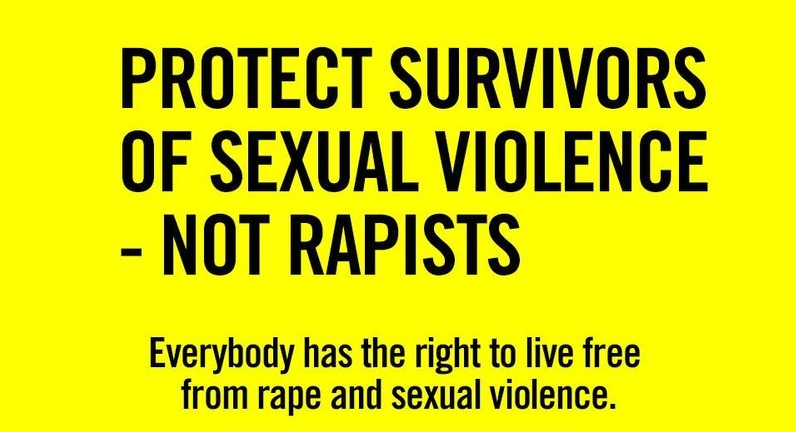 By Heather Schultz, Activist
By Heather Schultz, Activist
When a woman or girl survives gender-based violence, you would think that she could expect justice. If she survives a rape, for example, you would think she could expect that the perpetrator would be prosecuted for his crime… not that he could marry her to avoid prosecution if she is under 18. Yet, this is exactly the law in Algeria and Tunisia. And in Morocco, the severity of punishment of the rapist depends not on his crime, but on whether the survivor was a virgin or not!
The discriminatory treatment of sexual violence survivors in legislation across the Maghreb region is a central focus point of Amnesty International’s 16 Days of Activism Against Gender-Based Violence campaign.
As a domestic violence survivor myself, I joined the 16 Days movement to combat international gender-based violence. I personally understand the self-blame a survivor can experience after an act of violence. I felt powerless when my ex-boyfriend left black and blue bruises on my body. Despite these frequent marks, I didn’t consider myself a victim of gender-based violence since the incidents of physical abuse never landed me in the hospital. Instead, I blamed myself for my ex-boyfriend’s beatings.
I’m not alone in such self-blame: in addition to the self-blame many survivors of gender-based violence may experience, survivors routinely experience shaming either by the media, their communities, or even by their own governments through discriminatory legislation. Consider the legal protection afforded to rapists in Algeria and Tunisia that continues to victimize survivors by allowing their rapists to marry them—if they (the survivors) are under 18 years old. Previous to January 2014, Morocco had a similar discriminatory law. This provision re-brutalized girls by forcing them to marry their rapists, like 16-year-old Amina Filali, who swallowed rat poison after a forced marriage to her rapist in 2012. Only after continued protest from outraged activists did the Moroccan parliament finally repeal the law. Filali’s suicide serves as a resounding call-to-action for Algeria and Tunisia: rape is a crime, and rapists must not be granted impunity (whether their victim is under 18 or not)!
Such laws are rooted in shaming of women and girls that stigmatize rape and survivors. For example, even though Morocco repealed the law allowing rapists to marry their victims, the severity of the punishment for the rapist may depend on the virginity of the victim—devaluing the survivor. What’s more, in Morocco, Algeria, and Tunisia, marital rape is not considered a crime.
It’s time for authorities across the Maghreb region to abolish paternalistic laws that shame and re-victimize women. The governments must ensure that women’s voices are heard and that laws bring perpetrators to justice and protect survivors.
Join with me this 16 Days to raise our voices and end gender-based violence in Maghreb and around the world!
There are supposed to be serious rules for every person to follow when you are concern about the human rights. On the other side fighting for the right has been the right of every person.